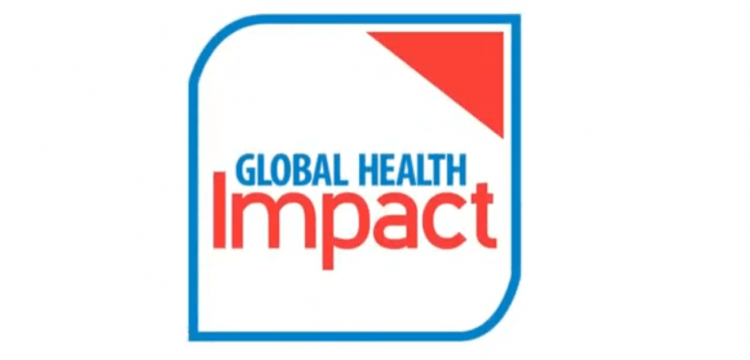
Measuring impact of drugs on global health can aid in identifying shortcomings
.
BINGHAMTON, N.Y., 11-Jan-2022 – A common framework that standardizes health impact across diseases and their interventions can aid in identifying current shortcomings on a global scale, according to new research from Binghamton University, State University of New York.
“Good data on medicines’ health impacts can help guide our global response to epidemics and pandemics,” said Nicole Hassoun, professor at Binghamton University and director of the Global Health Impact Index. “To target resources, measure performance and combat major global health problems, we need good data on both the need for treatments, but also on the impact of new interventions as they are developed.”
Recently, the Global Health Impact Index, headed by Hassoun, launched a new model that evaluates medicines’ impact on global health. The GHI model calculates the impact of drugs used to treat diseases affecting many impoverished people around the world: tuberculosis (TB), HIV/AIDS, malaria, and several Neglected Tropical Diseases (NTDs).
“The Global Health Impact (GHI) models provide the first comprehensive effort to evaluate the global health consequences of treatment across a wide range of diseases and intervention,” said Hassoun. “To accurately capture these effects, our model considers: 1) outcomes in the absence of treatment, 2) the effectiveness of treatment, and 3) how many people who need treatment access it. It is possible to expand our model to address other pressing global health problems, including the current SARS-CoV-2 pandemic.”
The GHI model estimates the global impact of treatment of key drugs that target malaria, TB, HIV/AIDS, and NTDs saved about 62 million disability adjusted life-years in 2105. This is equivalent to saving almost a year of life for 1% of the world’s population. Some key anti-malaria drugs originally patented by Sanofi and Novartis had the most impact. It is also possible to see how different countries are doing in GHI models.
“Good data about medicines’ impacts can help states and international organizations prioritize funding across countries, diseases, and interventions.”
The paper, “A Framework for Assessing the Impact of Disease Treatment,” was published in Tropical Medicine & International Health.
